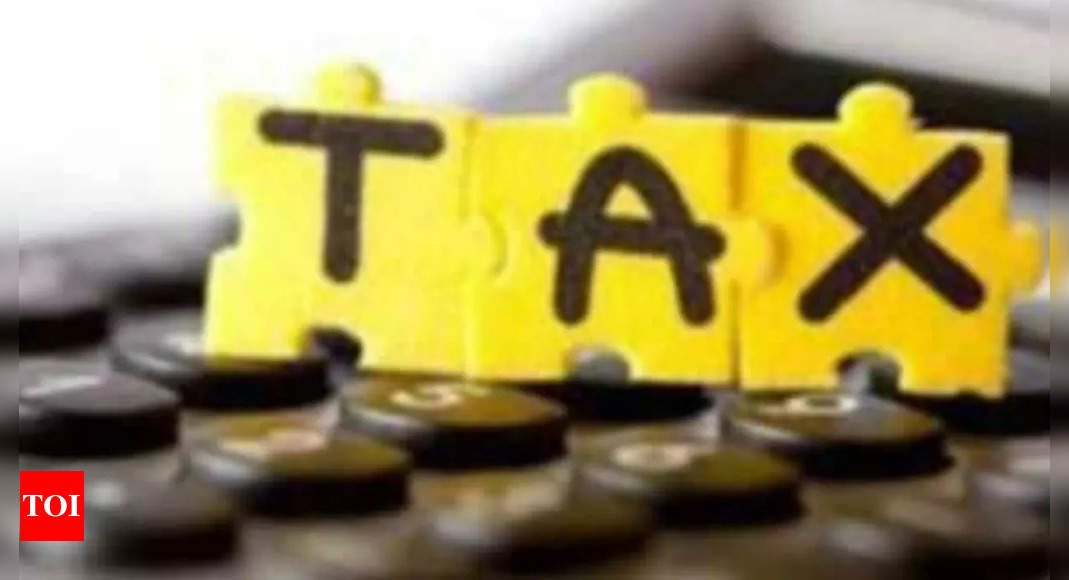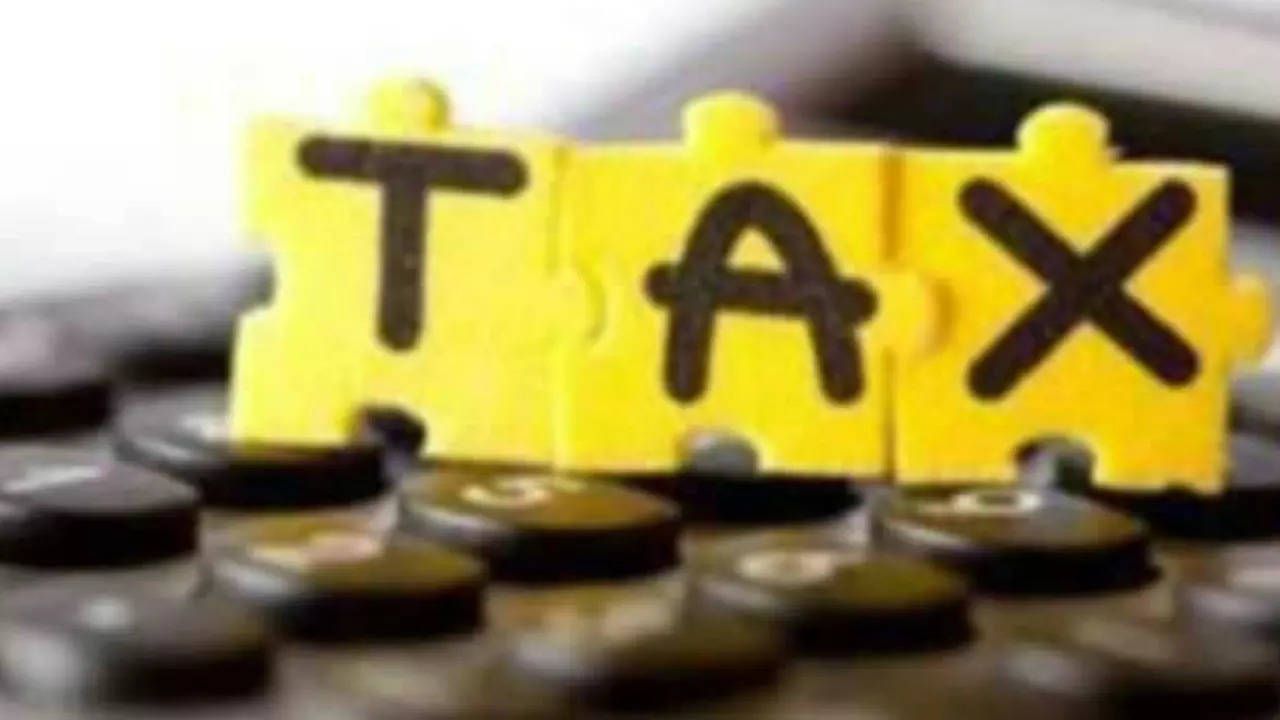[ad_1]
MUMBAI: The Central Board of Direct Taxes (CBDT), guided by a Supreme Court (SC) order issued in April, has sent out comprehensive instructions to tax officials regarding reopening of past cases under the Income-tax (I-T) Act.
The instructions dated August 23 — aimed at ensuring a uniform practice — state that there will be no reopening and reassessment of completed cases only where the decision of the appellate authorities has become final. While this provides some relief, the coming months may see reopening of past cases and reassessments in several instances where sums involved are significant.
Deepak Joshi, an SC advocate, explained, “The silver lining to the CBDT instruction is that it has decided to not touch at least those cases where no appeal is pending before the appellate authorities and the proceedings have attained finality prior to the SC decision in Abhisar Buildwell (the lead case heard in April).”
The SC had held that the I-T officials cannot make any addition to a taxpayer’s income during a reassessment proceeding under section 153-A of the I-T Act, in the absence of any incriminating material.
However, the apex court had further held that reassessment could be resorted to through the reassessment procedure under section 147/148, if the conditions therein were fulfilled—such as giving the taxpayer the right to be heard. In the backdrop of CBDT’s instruction, Joshi said: “In simple words, for the rest of the taxpayers, it’s another round of future litigation possibly running into decades.”
In cases of income that has escaped assessment, under section 148 (old regime), the I-T officer could reopen them dating back to six years. Under section 148A (introduced by the Finance Act, 2021), cases dating back to ten years can be reopened only if the income that has escaped assessment is over Rs 50 lakh and if a proper process is followed. CBDT’s instructions provide that the monetary limits applicable at present would apply while reopening assessment of earlier years.
The instructions dated August 23 — aimed at ensuring a uniform practice — state that there will be no reopening and reassessment of completed cases only where the decision of the appellate authorities has become final. While this provides some relief, the coming months may see reopening of past cases and reassessments in several instances where sums involved are significant.
Deepak Joshi, an SC advocate, explained, “The silver lining to the CBDT instruction is that it has decided to not touch at least those cases where no appeal is pending before the appellate authorities and the proceedings have attained finality prior to the SC decision in Abhisar Buildwell (the lead case heard in April).”
The SC had held that the I-T officials cannot make any addition to a taxpayer’s income during a reassessment proceeding under section 153-A of the I-T Act, in the absence of any incriminating material.
However, the apex court had further held that reassessment could be resorted to through the reassessment procedure under section 147/148, if the conditions therein were fulfilled—such as giving the taxpayer the right to be heard. In the backdrop of CBDT’s instruction, Joshi said: “In simple words, for the rest of the taxpayers, it’s another round of future litigation possibly running into decades.”
In cases of income that has escaped assessment, under section 148 (old regime), the I-T officer could reopen them dating back to six years. Under section 148A (introduced by the Finance Act, 2021), cases dating back to ten years can be reopened only if the income that has escaped assessment is over Rs 50 lakh and if a proper process is followed. CBDT’s instructions provide that the monetary limits applicable at present would apply while reopening assessment of earlier years.
[ad_2]
Source link


